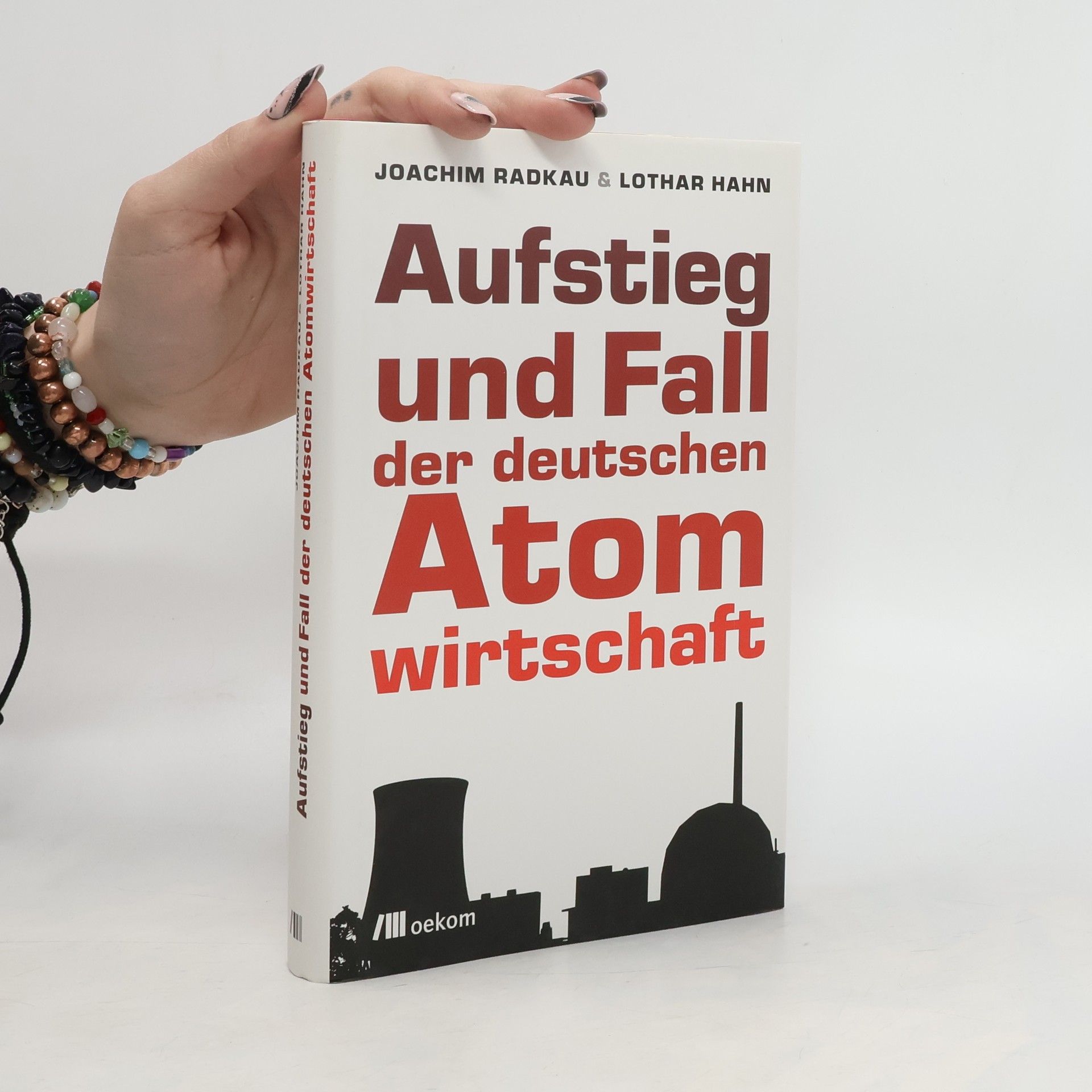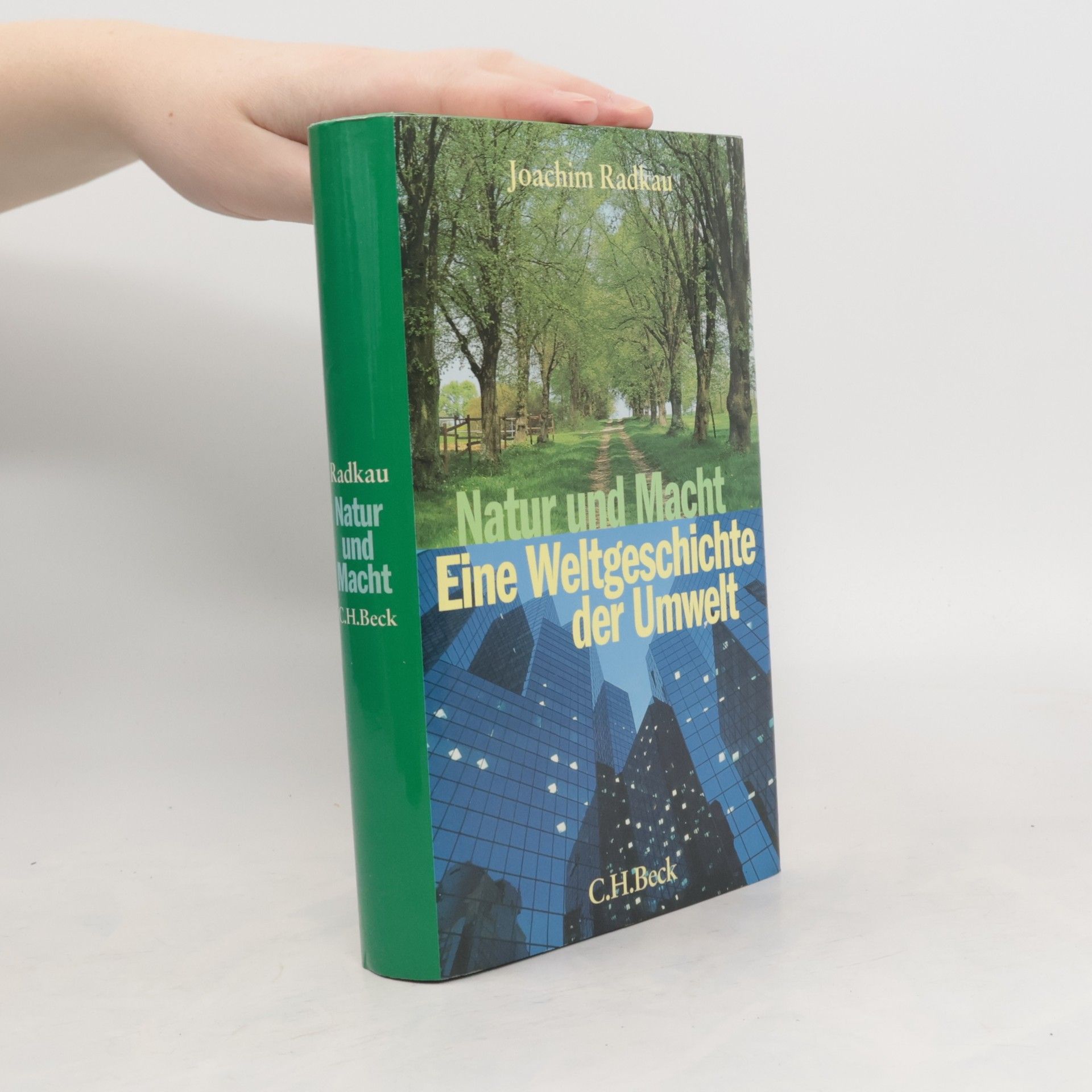Malwida von Meysenbug
Revolutionärin, Dichterin, Freundin: eine Frau im 19. Jahrhundert
Malwida von Meysenbug: Aristokratin, Freiheitskämpferin, Frauenrechtlerin, Erfolgsautorin: das Leben einer außergewöhnlichen Frau im 19. Jahrhundert Sie hätte das Leben einer Aristokratin führen können, Malwida von Meysenbug (1816 – 1903) aber ging ihren eigenen Weg. 1848 stand sie auf der Seite der Revolutionäre, später kämpfte sie für die Rechte der Frauen. Im Exil in London und Paris verkehrte sie in den wichtigsten künstlerischen und politischen Kreisen. Zurück in Deutschland, wurde sie zur Vertrauten Wagners und Nietzsches, in Rom schließlich fand diese europäische Kosmopolitin ihre zweite Heimat. Ihre „Memoiren einer Idealistin“ waren ein Bestseller, viele Frauen entdeckten darin die Möglichkeit, aus eigener Kraft ein erfülltes Leben zu führen. Joachim Radkaus Biografie lädt dazu ein, diese faszinierende Frau zu entdecken: eine Netzwerkerin, bei der viele Fäden zusammenliefen.









